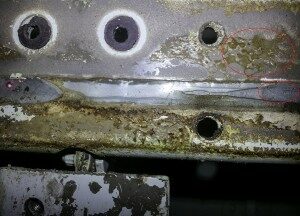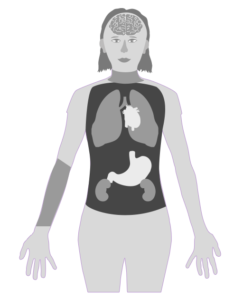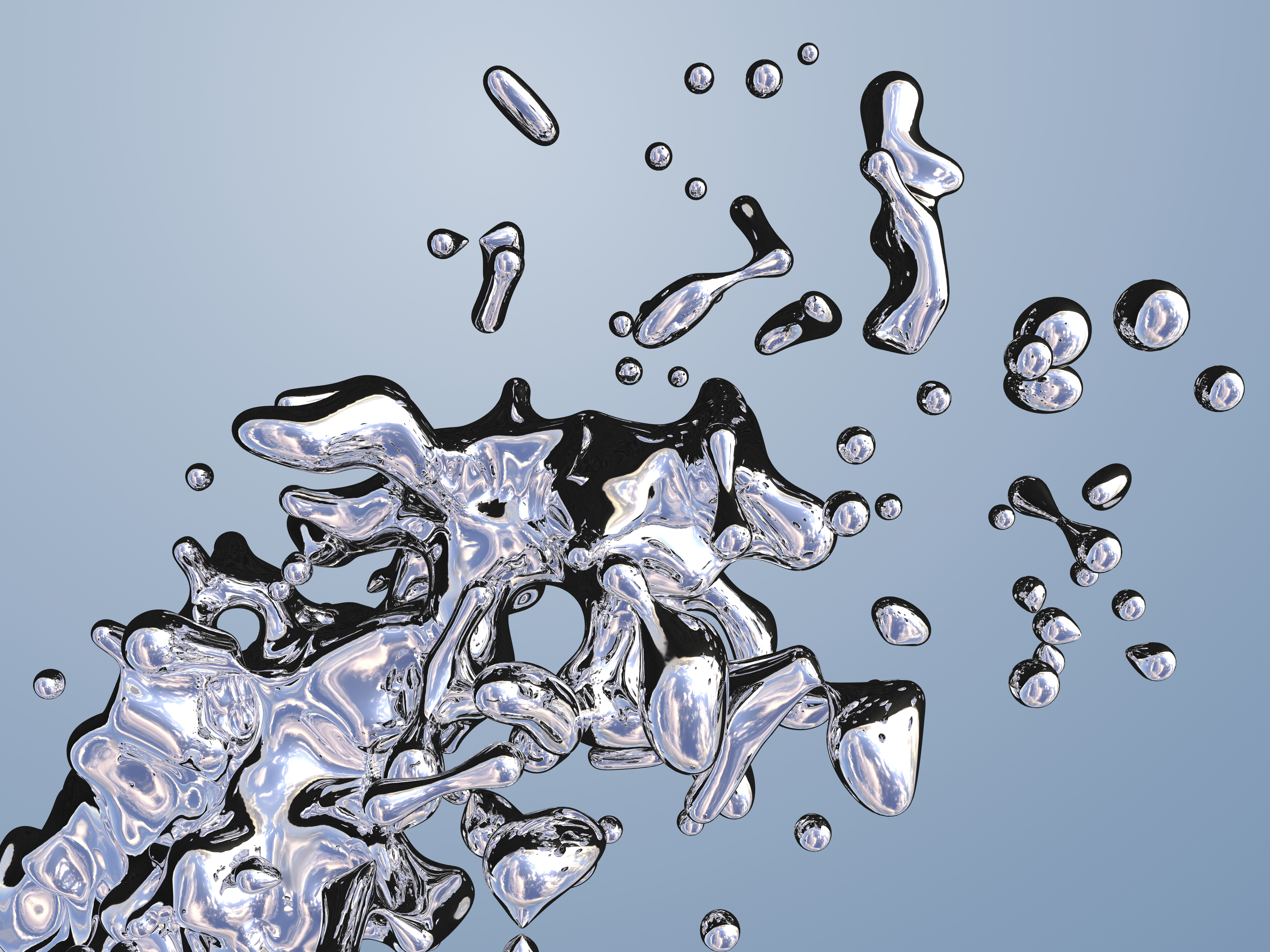While long-term exposure to elemental mercury can be extremely dangerous, for some segments of the population, it can actually be lethal. The Agency for Toxic Substances and Disease Registry publishes information on the dangers and toxicity levels of mercury exposure.
What Is the ATSDR?
ATSDR is a division of the U.S. Department of Health and Human Services. The organization takes responsive public health actions and provides trusted health information to prevent harmful exposures and diseases related to toxic substances.
 Mercury can be extremely hard to see.
Mercury can be extremely hard to see.
According to the ATSDR, the simplest form of mercury is metallic or liquid mercury. The element is used in a number of products sold commercially, as well as in thermometers, other medical devices and industrial processes. While this form of mercury is not readily absorbed into the human body by touch or through the digestive tract, it vaporizes at room temperatures. Inhalation of these vapors can be harmful to your health. If spilled in the home, metallic mercury can pose a danger to you and your family if not properly cleaned up and removed.
Mercury Remains Prevalent in the Environment
Mercury has been found in at least 714 of 1,467 National Priorities List sites identified by the Environmental Protection Agency. Also known as the Superfund, the National Priorities List (NPL) contains the most serious uncontrolled or abandoned hazardous waste sites throughout the U.S. and its territories. The NPL lists sites after 1) completing a Hazard Ranking System (HRS) screening and 2) soliciting and addressing public comments about the proposed site.
Exposure to mercury occurs from breathing contaminated air or ingesting contaminated water and food. At high levels, mercury may damage the brain, kidneys and developing fetus. Other organs are also impacted by exposure to mercury. Here’s a list of some of the organs most severely impacted by mercury exposure:

How Mercury Impacts the Brain
- Trouble remembering things
- Difficulty sleeping
- Changes in mood, like feeling cranky, nervous, tired, or shy
- Numbness in the hands and feet
- Trembling (shaking)
- Problems with muscle coordination (tripping, dropping things, falling down)
How Mercury Impacts the Mouth
- Tasting metal
- Swollen gums
- Drooling
How Mercury Impacts the Lungs
- Cough
- Pain when breathing
- Feeling out of breath
- Damage to the lungs
How Mercury Impacts the Stomach & Intestines
- Feeling sick to your stomach
- Nausea
- Diarrhea
- Not feeling hungry
How Mercury Impacts the Skin
- Red, itchy rashes
- Peeling hands and feet
How Mercury Impacts Reproductive System
- Mercury poisoning is especially dangerous for an unborn baby (fetus)
Rader Environmental can assist you in the proper handling, packaging, recycling, or lab pack disposal of mercury. We are experienced in the use of specialized mercury-cleanup testing instruments and cleanup equipment to help you address any spills.
Your health and safety is our top priority, so we take immediate measures to limit your exposure to this toxic substance.




